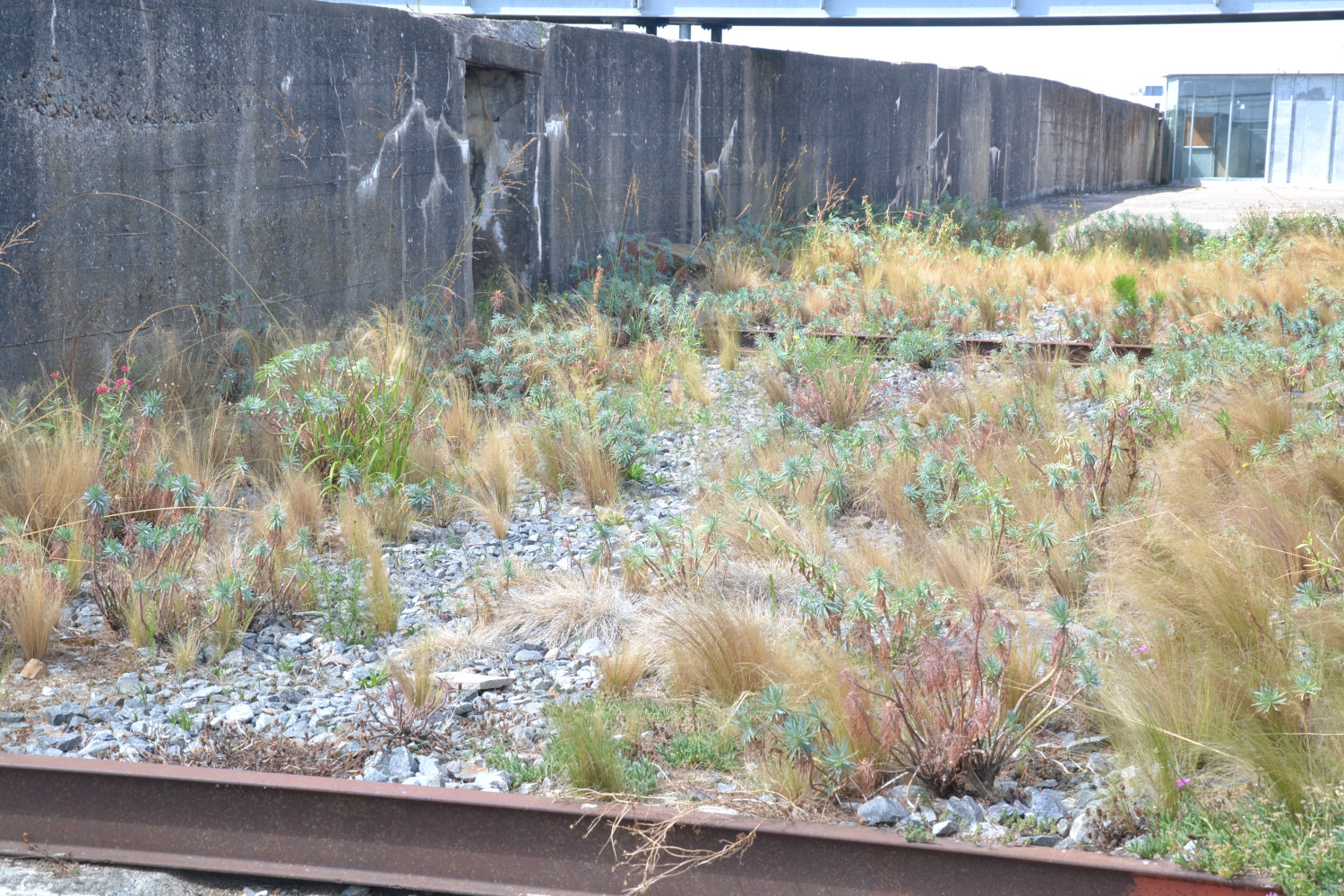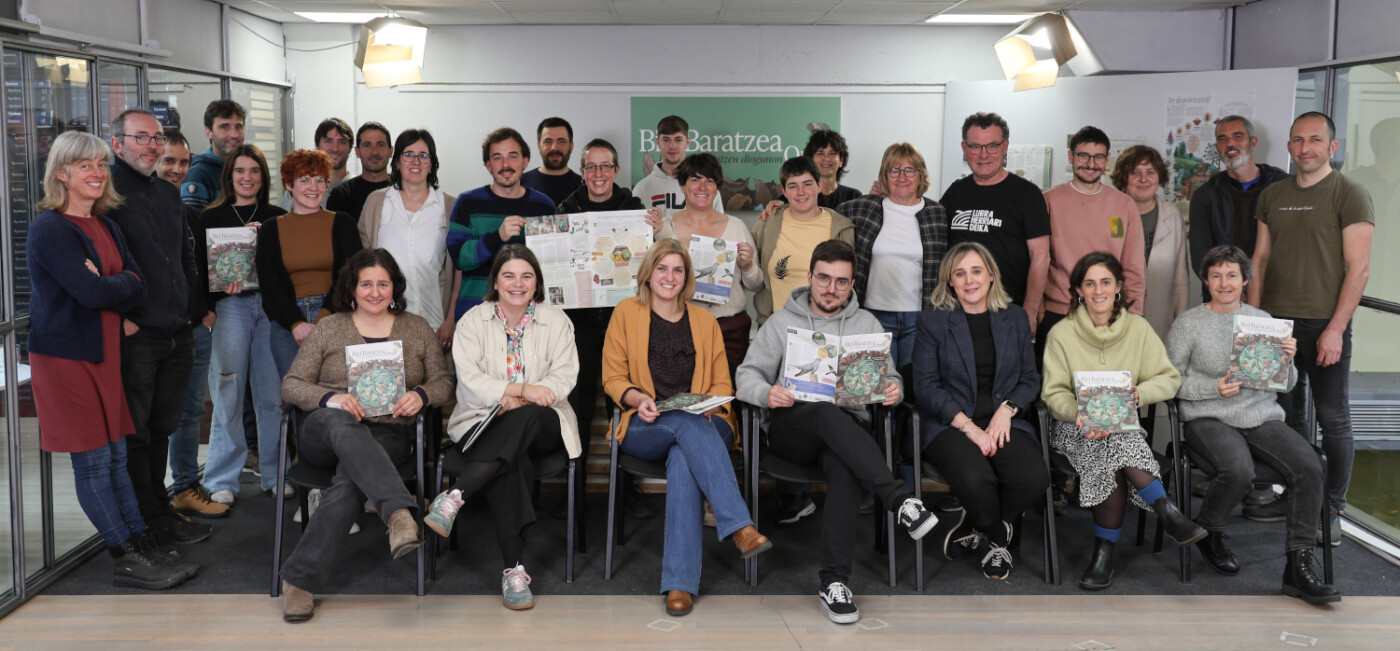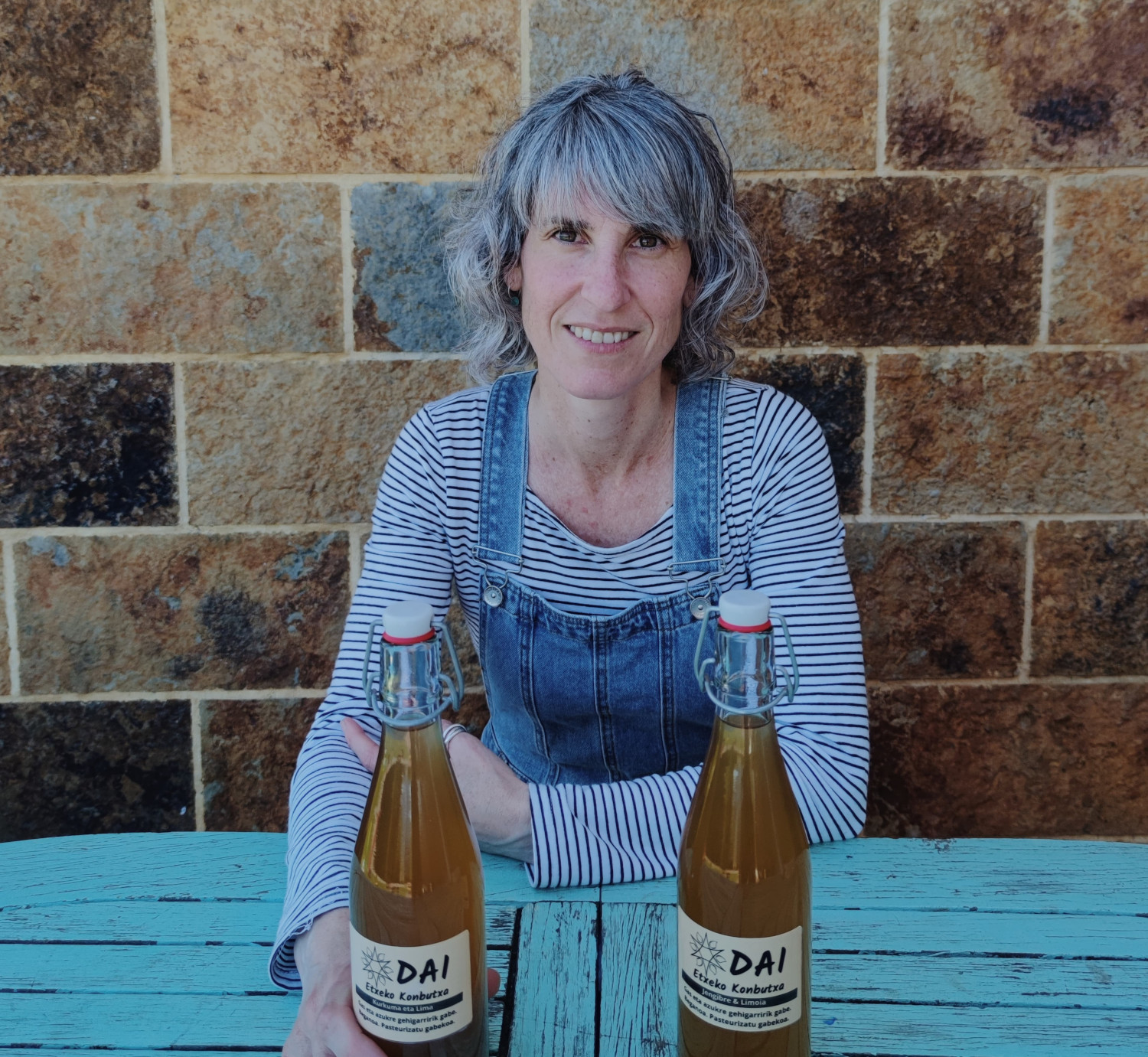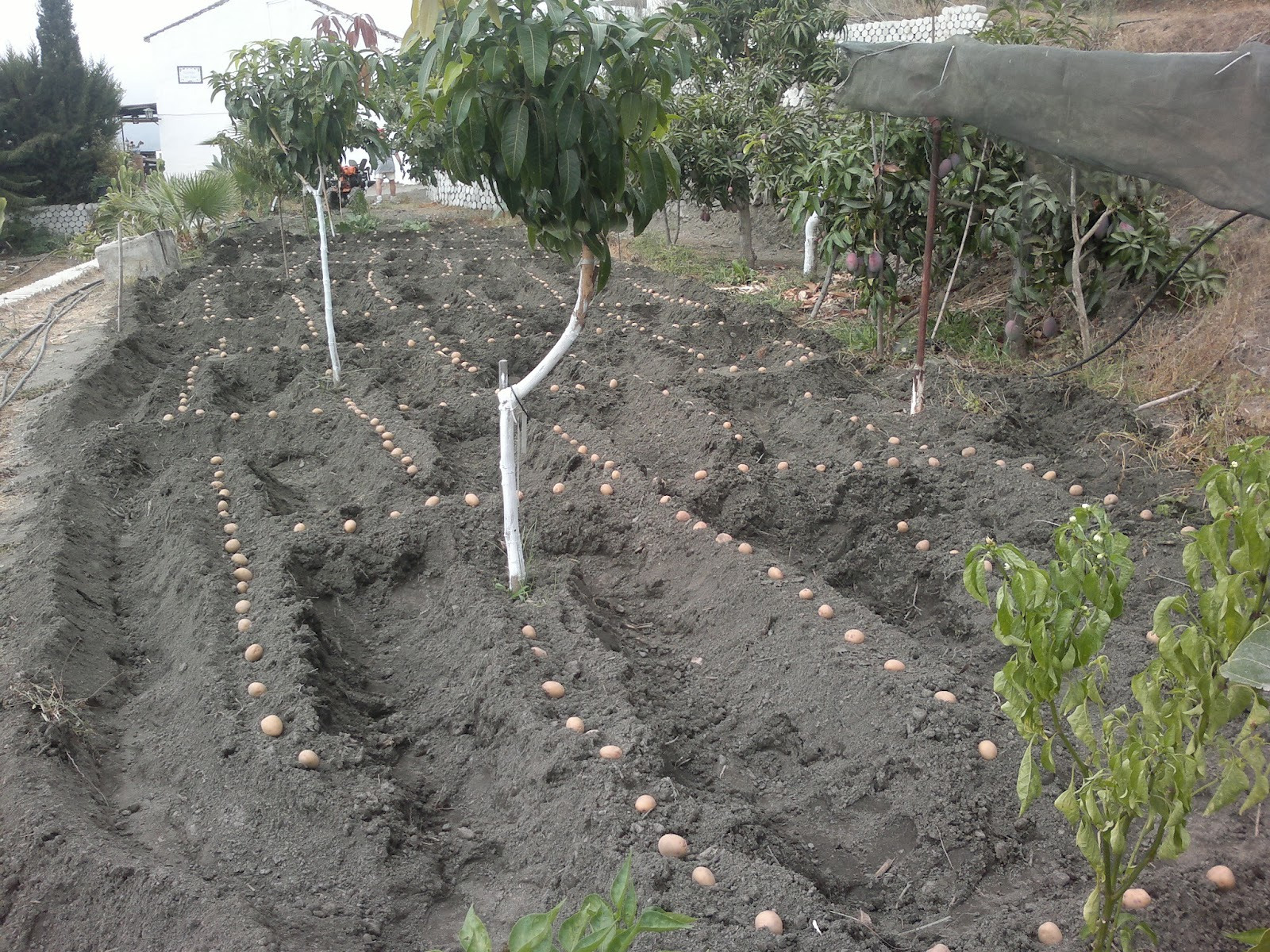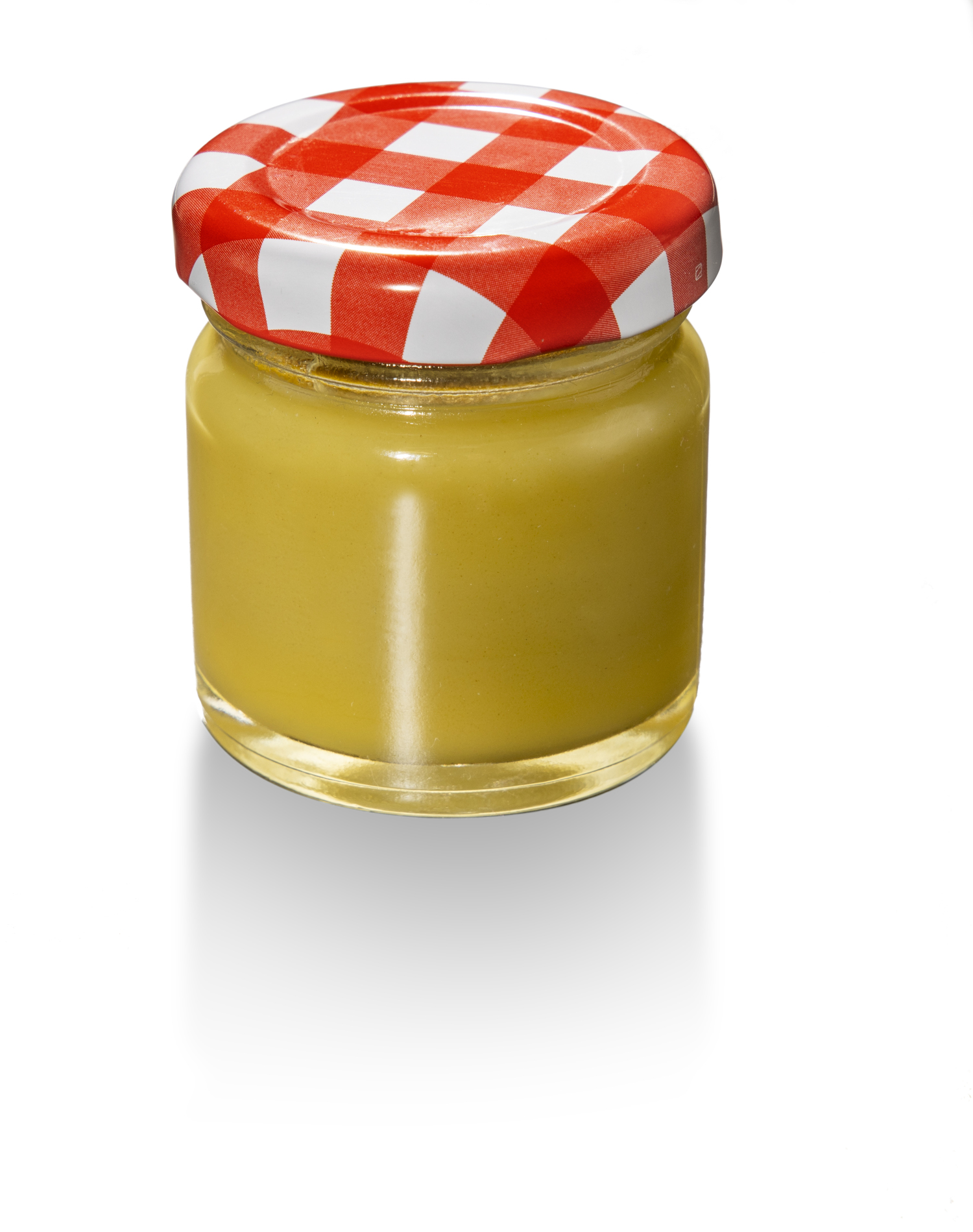The throat of Basque singers
- It's a good time of year for singers. In many familiar meals around the winter solstice, many sing. The era of preachers is also noteworthy in the alienated solstice of religious exploitation. Black or white throat, interchangeably, sermon and chants will be free from major influences in the throat.

The singer has learned and knows. If you want to appear, stand out and succeed in singing, you just have to take care of your throat and your voice strings. And he has learned, as he has learned: not cold or too hot drinks, with his neck covered, speaking little – not in vain – etc. It's an ancestral school, a knowledge that comes from the lack of microphones and speakers. Kings, inquisitive bishops, opera singers and bertsolaris de sidrería.
When the throat is broken and the voice is lost, the business collapses to the tongue. Then forgotten care is useless. The herb of the singing (Raphanus raphanistrum) needs medicine. The great botanist Pio Font i Quer, in his book Planta Medicinales, El Dioscorides renovated, 1961, also received the name of cantaor, along with the name of landmark, rowing and lutxarbiaze. However, it is only in Basque that the herb or the kanta-belarra is. In the surrounding languages, another plant is related to singing. Does it only help those who sing in Basque?
The same Font i Quer says about the medicinal plant: “It is mainly used against inflammation of the larynx and colds, especially to fight hives or hoarseness, as well as coughs, pulmonary colds, etc., as well as scurvy”. But it is not a pradera of singing, but a scrubland (Sisymbrium officinale), which in Catalan, French, Spanish, Portuguese and Galician is called “singers’ grass” and “preachers’ grass”.
There is a place where the paw must be grasped, and it should be clarified to heal singers and choirs. It seems to me to be the greatness of speakers. The two plants are called somewhere more “affection” in Spanish and some lexicón will receive it badly, and the copier lexicators repeat and renew them, clone and fold and repeat, and I think that from there comes the throat abrasion, the kick to the throat.
The plant that heals the gorges that act in the rest of the languages has no capacity to heal the sincere of our language. And we sing and sing, and in our cooking we take the grass of the song; Font i Quer himself, clearly obviating what he told us: what we call “the grass of the song”, above all, is an intestinal relief or laxative.
A lexicator, preacher and singer takes our leg out of the throat.
Udaberrian orain dela egun gutxi sartu gara eta intxaurrondoa dut maisu. Lasai sentitzen dut, konfiantzaz, bere prozesuan, ziklo berria hasten. Plan eta ohitura berriak hartu ditut apirilean, sasoitu naiz, bizitzan proiektu berriei heltzeko konfiantzaz, indarrez, sormen eta... [+]
Ohe beroan edo hotzean egiten da hobeto lo? Nik zalantzarik ez daukat: hotzean. Landare jaioberriek bero punttu bat nahiago dute, ordea. Udaberriko ekinozio garai hau aproposa da udako eta udazkeneko mokadu goxoak emango dizkiguten landareen haziak ereiteko.
Duela lau urte abiatu zuten Azpeitian Enkarguk proiektua, Udalaren, Urkome Landa Garapen Elkartearen eta Azpeitiako eta Gipuzkoako merkatari txikien elkarteen artean. “Orain proiektua bigarren fasera eraman dugu, eta Azkoitian sortu dugu antzeko egitasmoa, bere izenarekin:... [+]
Itsasoan badira landareen itxura izan arren animalia harrapari diren izaki eder batzuk: anemonak. Kantauri itsasoan hainbat anemona espezie ditugun arren, bada bat, guztien artean bereziki erraz atzemateko aukera eskaintzen diguna: itsas-tomatea.
Aurten "Israel Premier Tech" txirrindularitza talde israeldarra ez da Lizarraldeko Miguel Indurain Sari Nagusia lasterketara etorriko. Berri ona da hori Palestinaren askapenaren alde gaudenontzat eta munstro sionistarekin harreman oro etetea nahi dugunontzat, izan... [+]
Sare sozialen kontra hitz egitea ondo dago, beno, nire inguruan ondo ikusia bezala dago sare sozialek dakartzaten kalteez eta txarkeriez aritzea; progre gelditzen da bat horrela jardunda, baina gaur alde hitz egin nahi dut. Ez ni optimista digitala nauzuelako, baizik eta sare... [+]
Bada Borda bat ilargian. Bai, bai, Borda izeneko krater bat badu ilargiak; talka krater edo astroblema bat da, ilargiaren ageriko aldean dago eta bere koordenadak 25º12’S 46º31’E dira; inguruan 11 krater satelite ditu. Akizen jaiotako Jean Charles Borda de... [+]
Donostiako Amara auzoko Izko ileapaindegi ekologikoak 40 urte bete berri ditu. Familia-enpresa txikia da, eta hasieratik izan zuten sortzaileek ile-apainketan erabiltzen ziren produktuekiko kezka. “Erabiltzaileen azalarentzat oso bortzitzak dira produktu gehienak, baina... [+]








